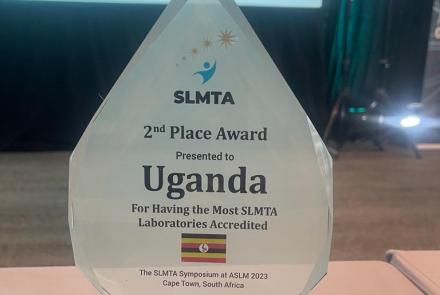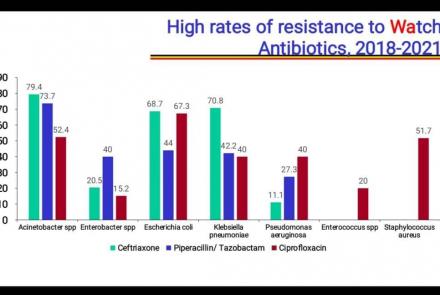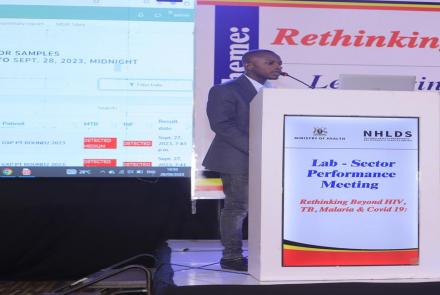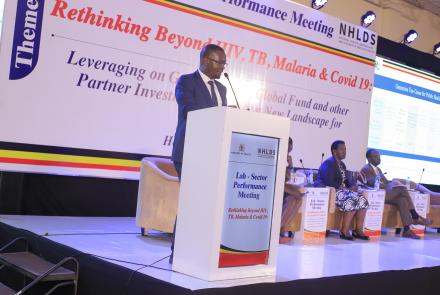The interface of laboratory services with the community remains an important factor in the access and utilization of laboratory services. The community has unrestricted access to drugs beyond facility-based health care and thereby rendering self-medication and self-testing a common practice. Self-testing is being proposed as a strategic approach towards increasing diagnostic services. Community awareness of health laboratory services is limited, yet this is a requirement for effective disease prevention and control. All fevers are treated as malaria and coughs as acute respiratory tract infections in the community and there is low community awareness of the importance to confirm the etiology of a health event before starting medication. Therefore, community involvement in this policy is cognizant of the above situation and is motivated by the following developments in healthcare delivery: (a) the change in policy on management of malaria in 2012 that demands confirmation of etiology before starting treatment; (b) the VHT/ CHEW strategy that engages community in health care; (c) the new global Universal Health Coverage (UHC) that Uganda is adopting to replace the UMHCP; among others. This policy intends to increase community awareness and engagement in relation to laboratory services






